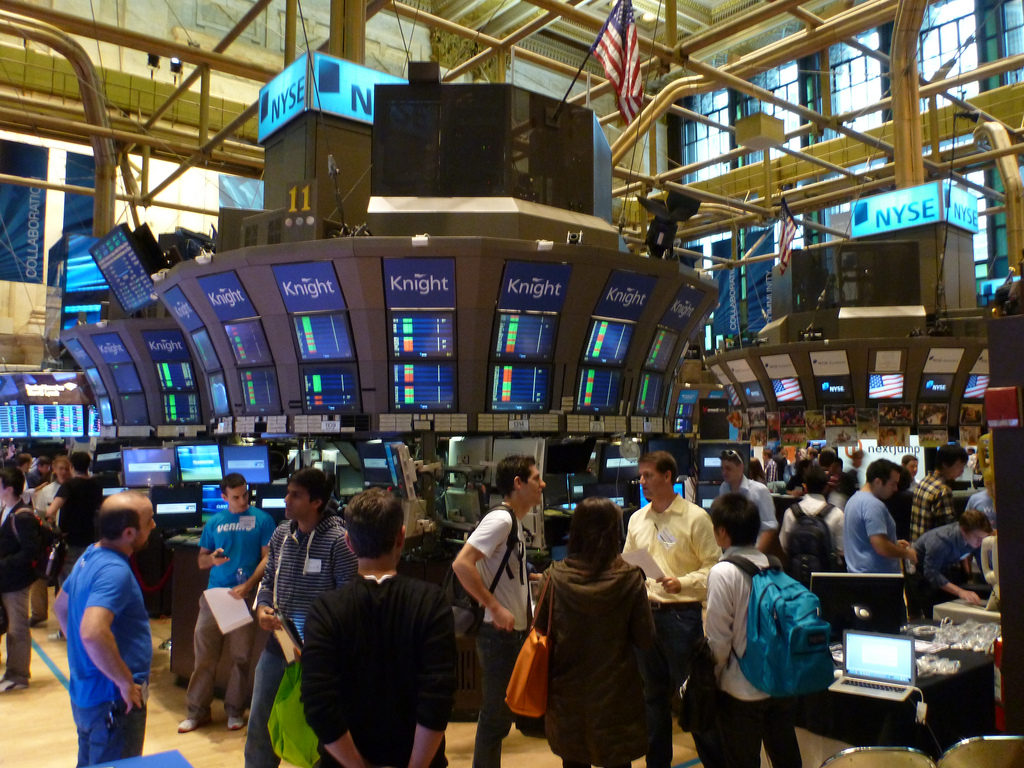Over the past few weeks, the U.S. stock market has been on a roller coaster ride of vast volatility filled with many losses, surges, rallies, and additional losses, surges, rallies. Many economic experts are claiming that market liquidity is becoming restrained considering the U.S. central bank is raising rates in a considerable fashion to keep ahead of inflation – even foreign reserves have increased rate hikes amid global pressures.
The tide of vulnerability is also somewhat dependent on the political climate in the U.S. As mass sell-offs begin to be a nearly daily occurrence, with bullish investors acting riskier and riskier, could this be a sign of what is to come on Election Day, which is just five, count ’em, five days away.
Morgan Stanley’s chief U.S. equity strategist, Mike Wilson, alludes that the market may beginning to “sniff out” a Republican sweep in the midterms.
“That would argue more fiscal stimulus, more funding and that would cause rates to spike up,” he said in a report from CNBC.
His firm contends that Democrats will win the House and Republicans will keep hold of the Senate. Nevertheless, Wilson attributes at least part of the recent stock market sell-off to some investors starting to think Republicans are going to keep their majority on Capitol Hill in the November midterm elections.
“I don’t know the answer, but it smells a little fishy to me,” he said, arguing the market would likely take a Republican win positively initially, but would then sell.
One of the greatest economic indicators before a midterm election is unemployment. The unemployment rate has remained at 3.7 percent, the lowest since December 1969, with many attributing the increased confidence in hiring to a Republican-led Congress. Though, one thing that has languished in the decade-long economic recovery is an increase in wages.
Following a robust third fiscal quarter, wages and salaries were up by 0.9 percent in October – 3.1 percent this year – which is the highest level in a decade. Banking on this metric, although Republican-based economic policies may not get a credit they deserve in the news cycles, the markets are responding much differently.





